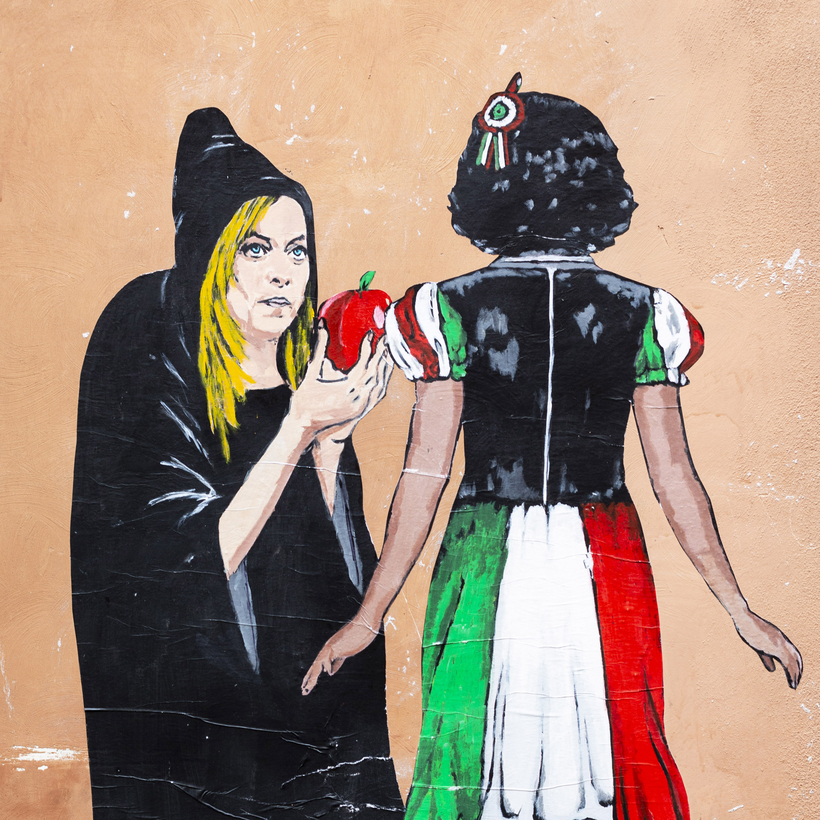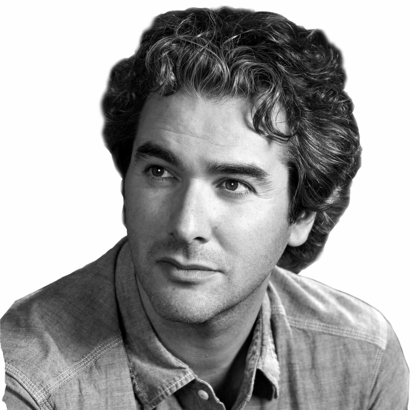It would be easy, with all the hullabaloo over her sterling Fascist credentials, to forget that Giorgia Meloni is the first female prime minister ever elected in Italy. This should be a big deal. There is perhaps no sturdier glass ceiling in Europe than that which rests over Italian politics, where love of the mamma has not equated to gender equality. Indeed, this triumph of the feminine in a country renowned for its chauvinism should, in a less contentious reality, be celebrated as an international triumph, not least because Meloni did it as the head of a political organization called Brothers of Italy.

And yet cheering for Meloni’s success in the traditionally male-dominated arena of Italian politics feels like cheering for Lizzie Borden’s success in the traditionally male-dominated arena of domestic murder. Much as one wants to admire Meloni’s rise to the top, it’s hard to ignore her screeds against political correctness, her conspiracy theories about immigration, and her perpetual use of anti-Semitic dog whistles. After a decade in which there has been a much-needed re-assertion of female rights in Western societies, it seems that there are some limits to sisters doing it for themselves.


